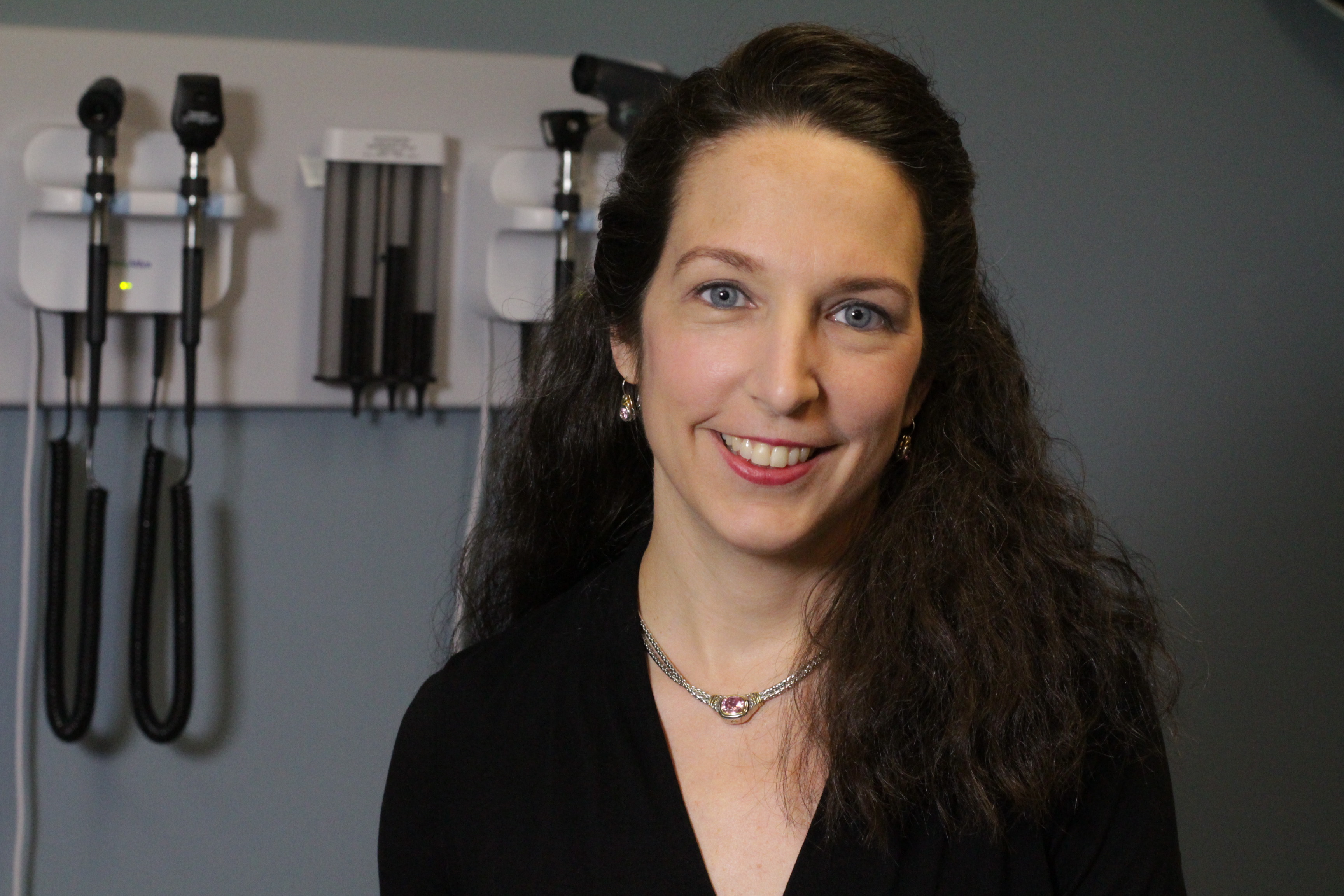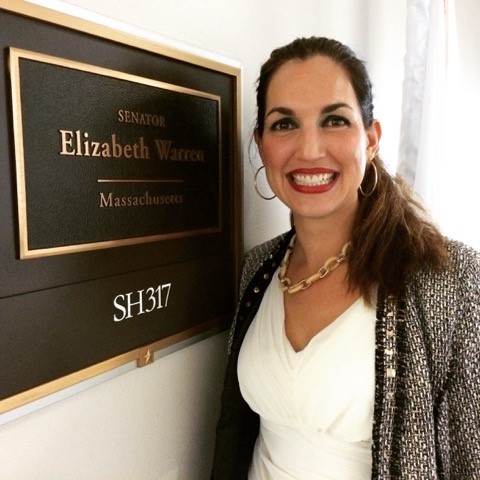
Care for Your Mind acknowledges and appreciates the collaboration of the National Network of Depression Centers in developing this series.
Why Psychiatric Care for Pregnant Women Often Falls Short
Nancy Byatt, D.O., M.S., M.B.A., F.A.P.M.
When a maternal suicide or infanticide (the intentional killing of a child within a year of birth) makes the news, everyone is left with one question: How could this have happened? The truth is that the potential for this kind of tragedy lies within a very specific segment of the population: vulnerable pregnant and postpartum women in need of psychiatric care.
Of the millions of women who suffer from perinatal mental health issues, most have unipolar depression and can be treated successfully by trained OBs or other primary care providers. The remaining 20 percent, however, require psychiatric care for more complex conditions such as severe depression, bipolar disorder, schizophrenia, or postpartum psychosis, and it’s in this population where tragedy can occur.













Connect With Us